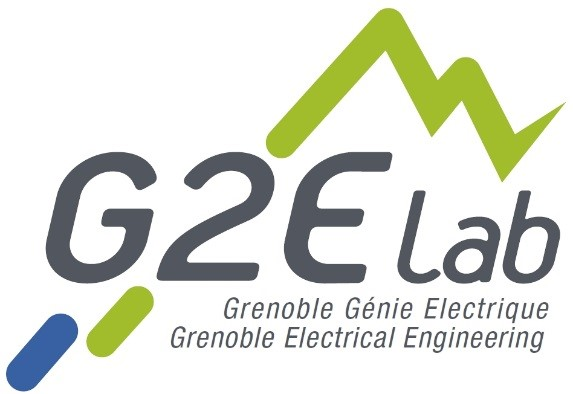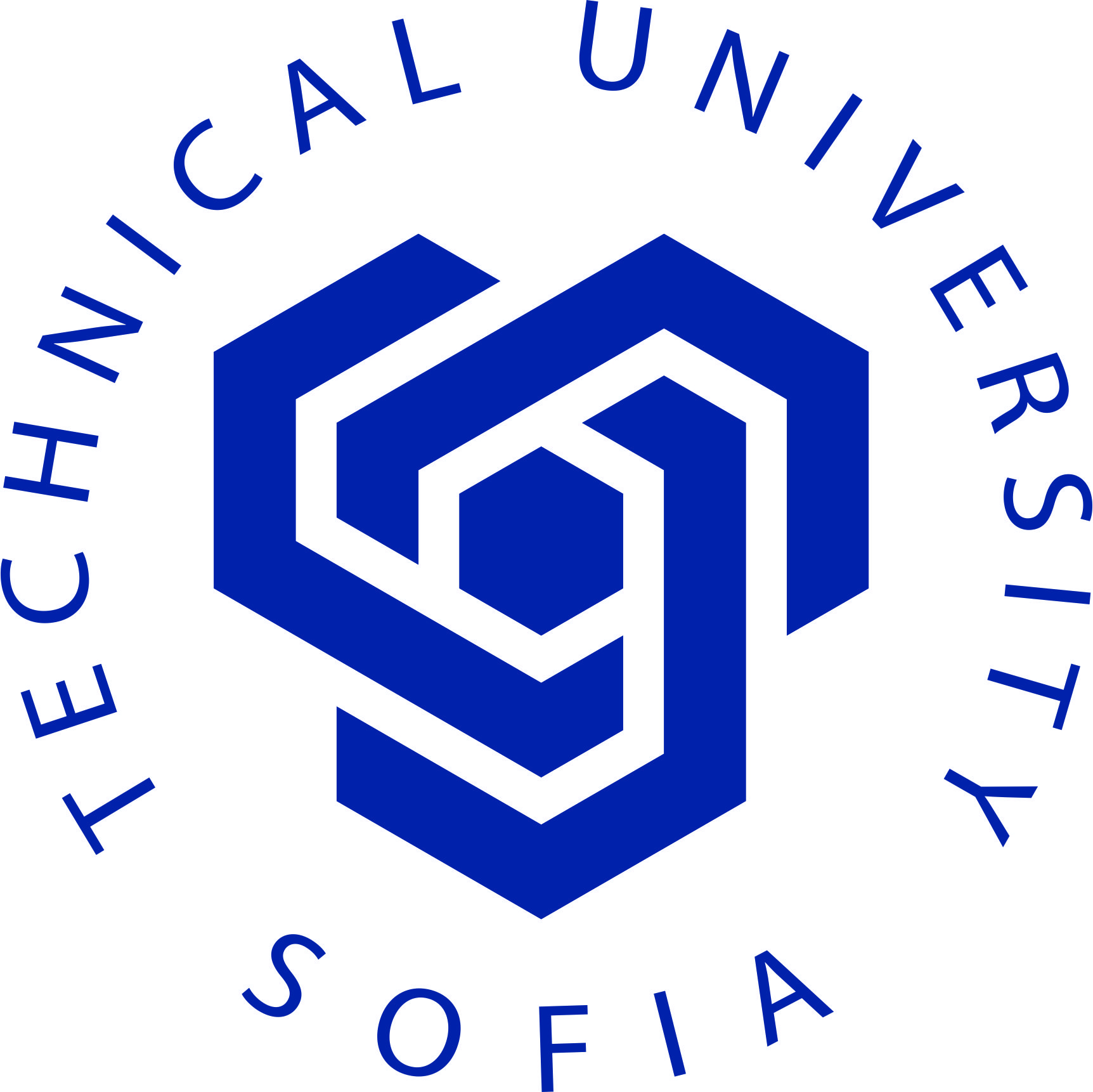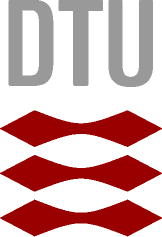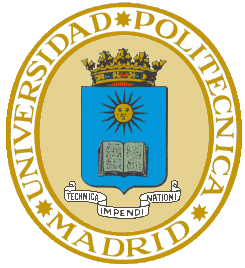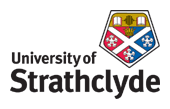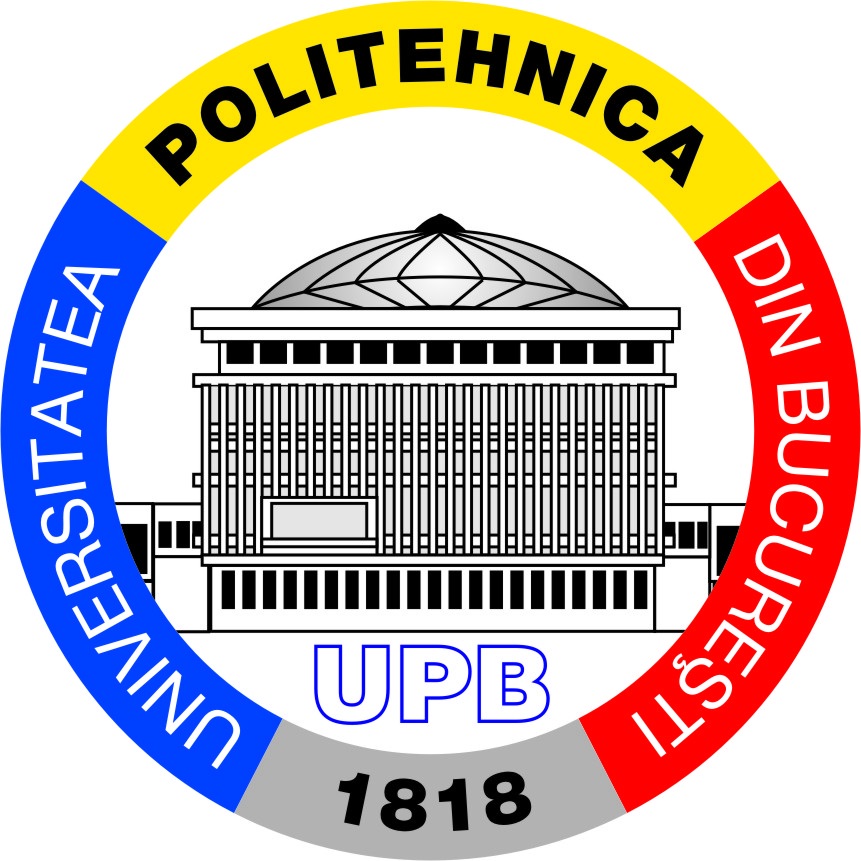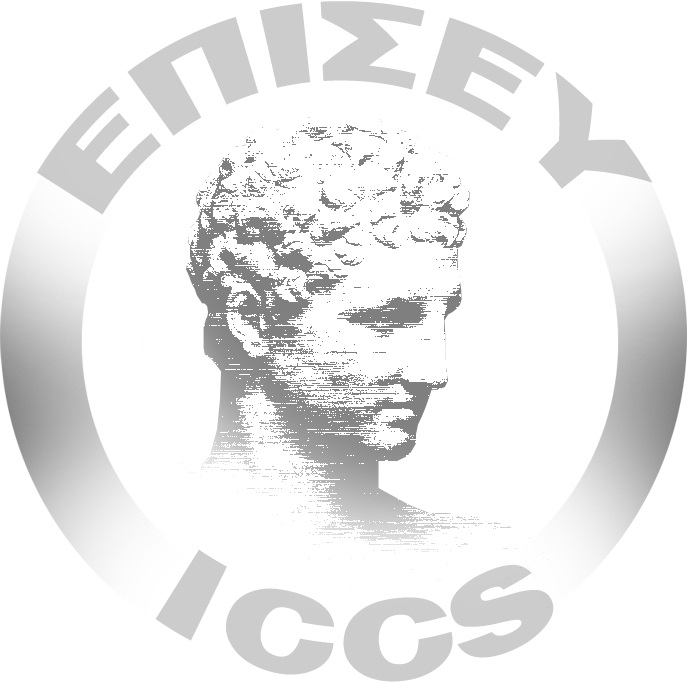Merging the former LEG (Grenoble Power Electrical Laboratory), LEMD (Laboratory of Electrostatics and Dielectric Materials), and LMN (Laboratory of Magnetism of the Ship) in 2007, G2Elab nowadays covers a wide spectrum of expertise in the field Electrical Engineering. Its activity can be summarized by the following keywords: electrical energy, materials, innovative processes and systems, modeling and design methods and software. The research carried out in G2Elab ranges from long term research up to collaborative research supported by a strong involvement in partnerships with large companies and SMEs. With more than 100 permanent staff, 110 PhD and 50 Masters, G2Elab appears as a major actor both nationally and internationally in these areas.
The Grenoble Electrical Engineering laboratory (G2Elab)
